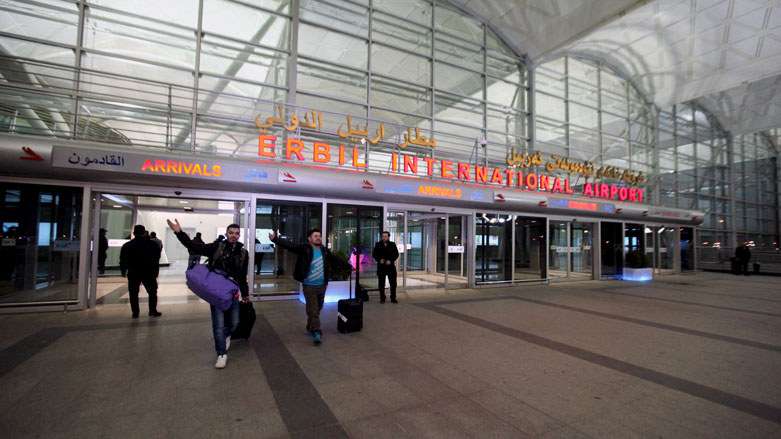Barzani’s upcoming meeting with Iraqi PM likely to reopen Kurdistan airports: MP

ERBIL, Kurdistan Region (Kurdistan 24) – Iraqi lawmaker Abbas Bayati on Sunday said the Prime Minister of the Kurdistan Region, Nechirvan Barzani, would meet with his Iraqi counterpart in Baghdad, stating the meeting would likely result with the reopening of the airports.
Bayati, a Shia Turkmen Member of Parliament from the State of Law Coalition and known for his close ties to Iraqi Prime Minister Haider al-Abadi, told Kurdistan 24 there were reports Barzani would soon head to Baghdad.
“The previous meetings between both officials were productive,” he said.
Ties between Erbil and Baghdad have considerably deteriorated following last year’s referendum on independence in the Kurdistan Region which saw an overwhelming majority favoring statehood.
After three months of escalating tensions and collective punitive measures imposed on the Kurdistan Region by Baghdad, Barzani and Abadi met in late January.
The two officials had another discussion on the sidelines of the annual World Economic Forum (WEF) in Davos.
“Barzani’s upcoming visit to the Iraqi capital would yield results in the form of an agreement and understanding on the administration of border crossings in Kurdistan, the resumption of international flights to its airports, and the payment of salaries to the Kurdistan Regional Government’s (KRG) employees,” the Iraqi lawmaker affirmed.
He mentioned that the visit would be an extension of the previous two meetings. “Now, both officials are at the same table. We should, therefore, try to resolve disputes between Erbil and Baghdad, especially the more pressing ones.”
Baghdad imposed an international flight ban on both the Erbil and Sulaimani airports on Sep. 29, several days after the historic Kurdish referendum. The closure has greatly affected the economy of the semi-autonomous region, forcing many foreign and local companies to close down their offices and operations, with hundreds losing their jobs.
Editing by Nadia Riva
